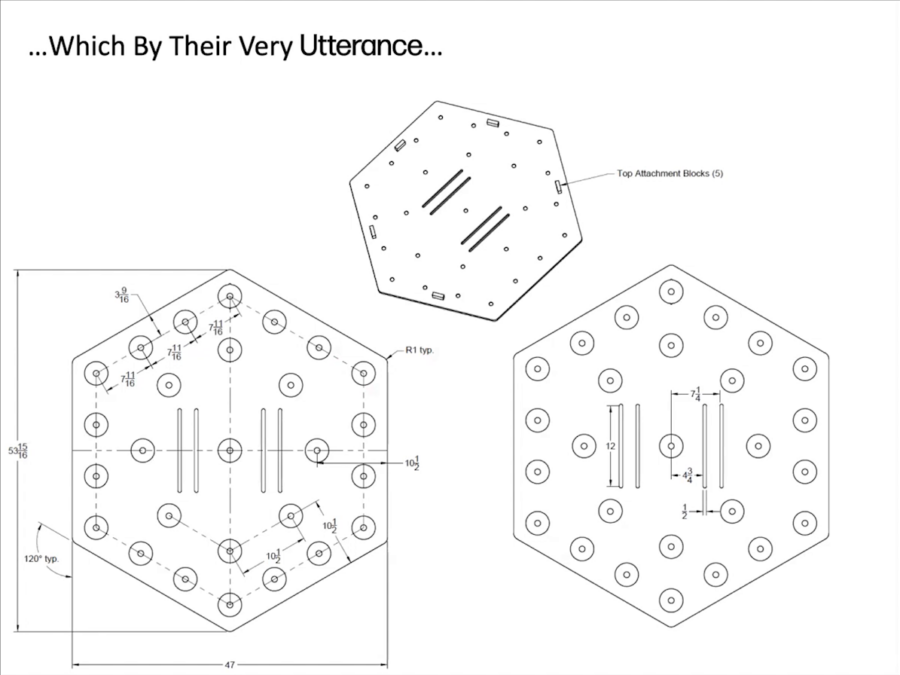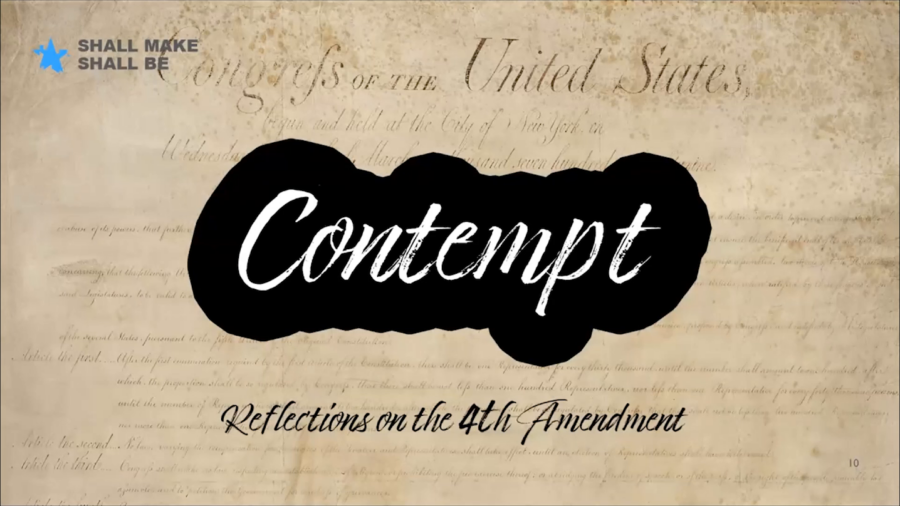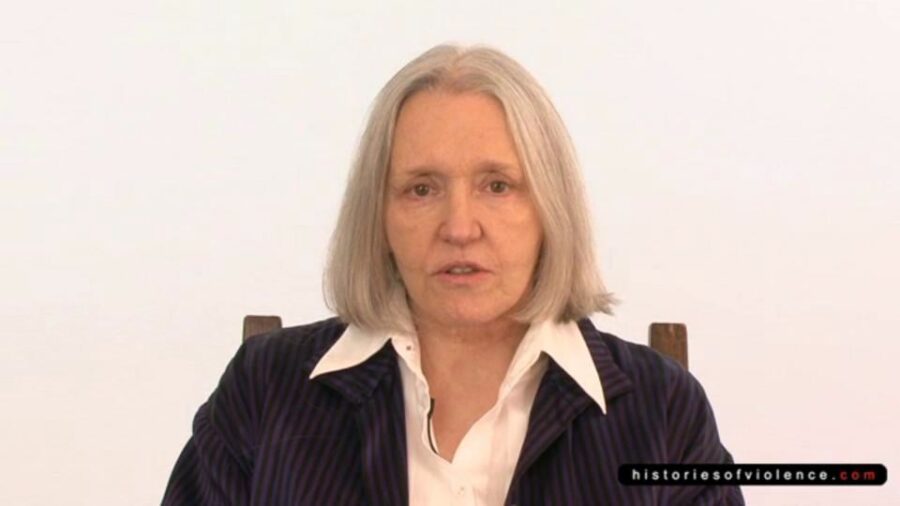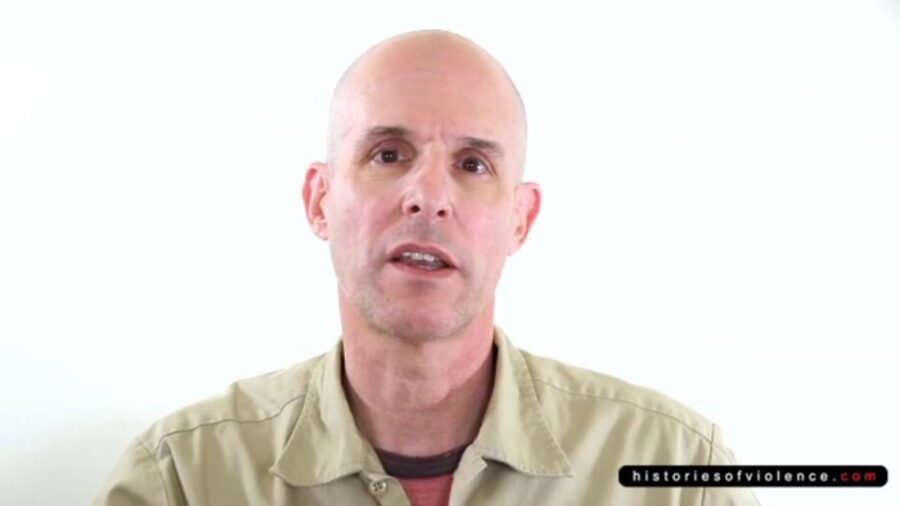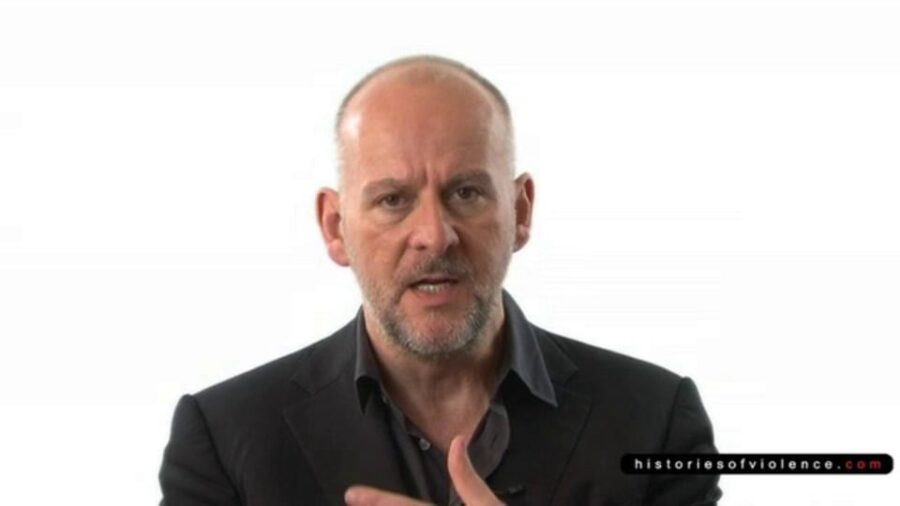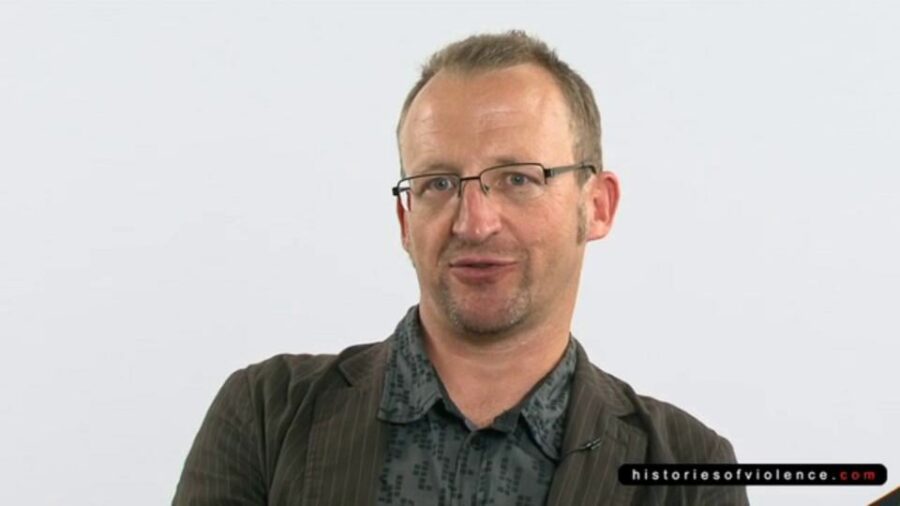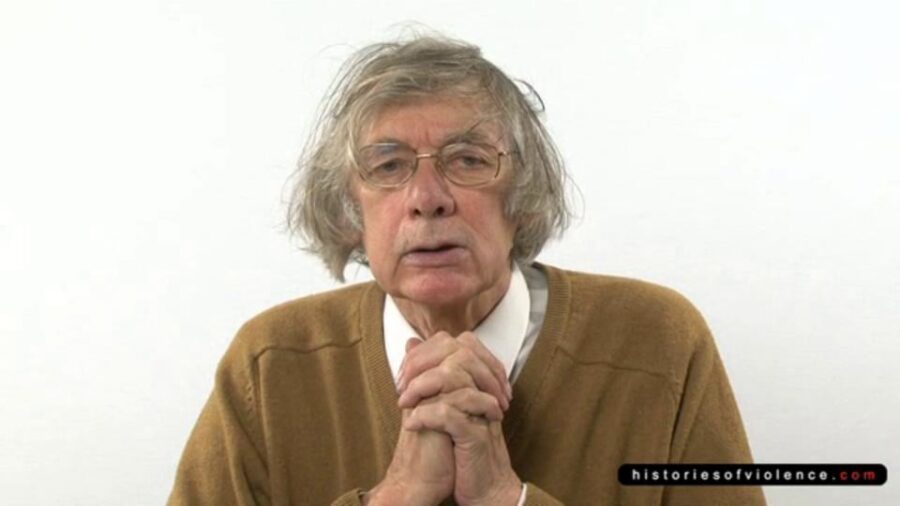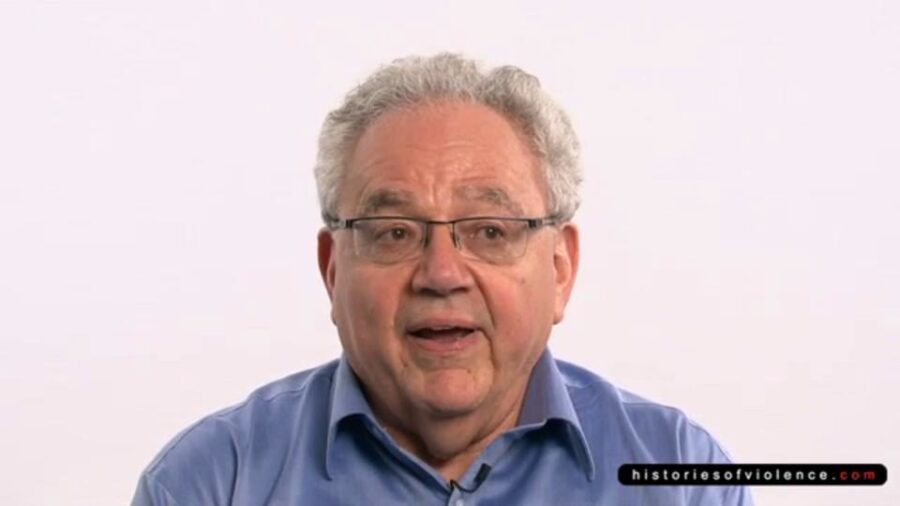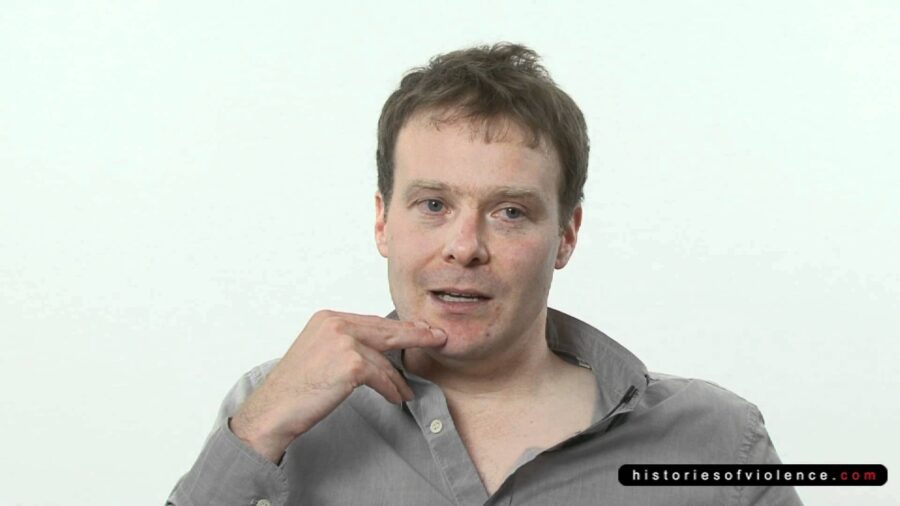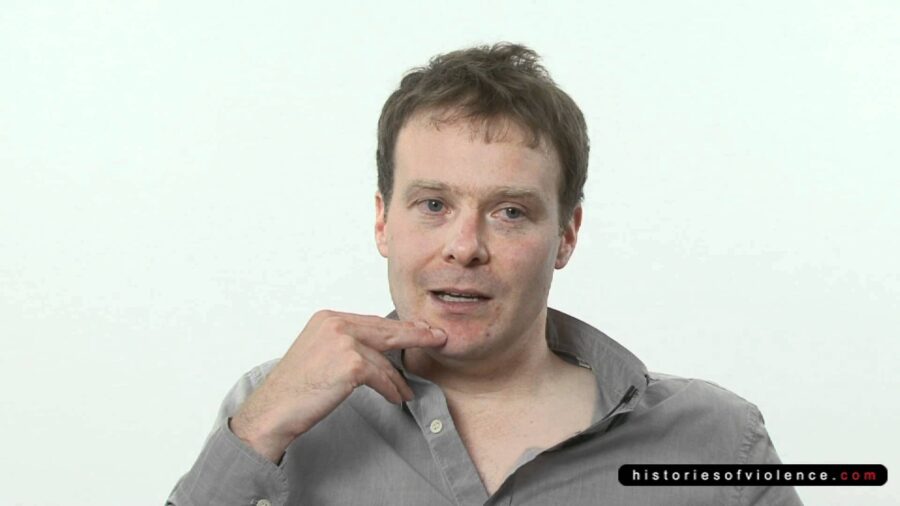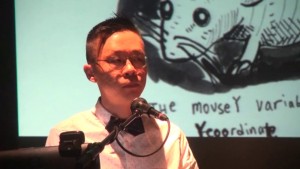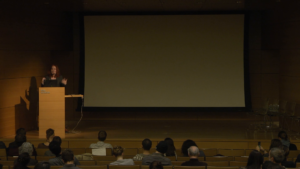I decided to go to graduate school and got an MFA in art and social practice. And came out with a way to collectively describe my practice, which is “hospitable democracy.” And I call it “a platform for multiple voices across power structures for people and objects.”
Taeyoon Choi at p5js Diversity
presented by Taeyoon Choi
I like to diversify the way that we work with technology, and I like to think of it as an art object, and an installation where we rethink and reinvent computation, especially focusing on alternative possibilities of the computer as not driven by war agendas or corporate mass production. Read more →

